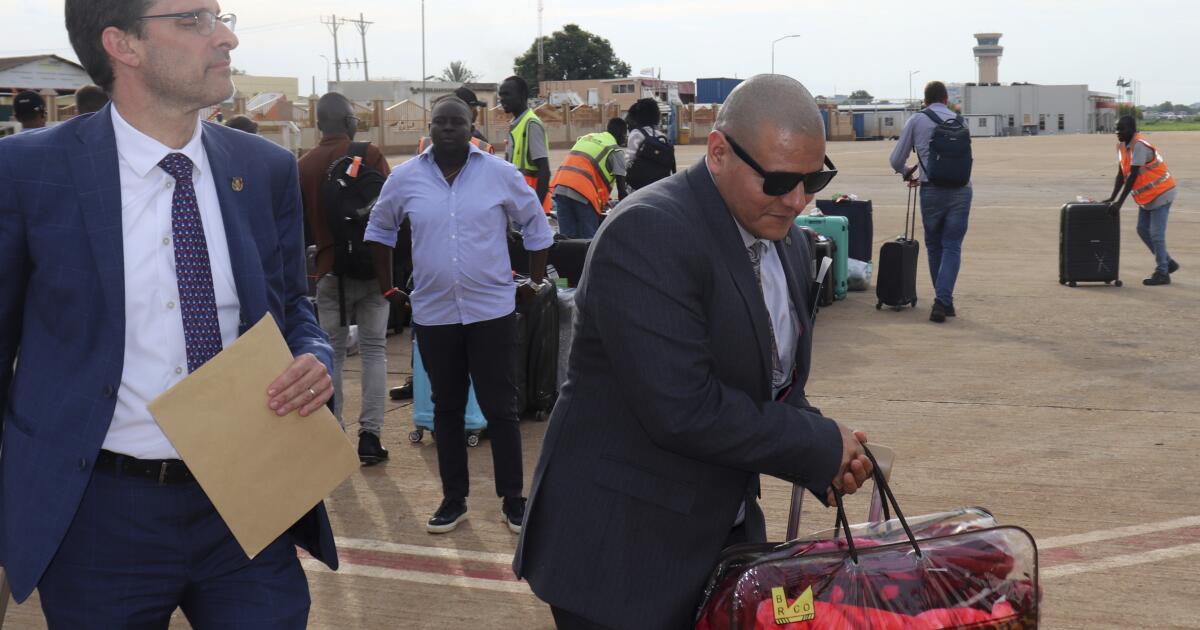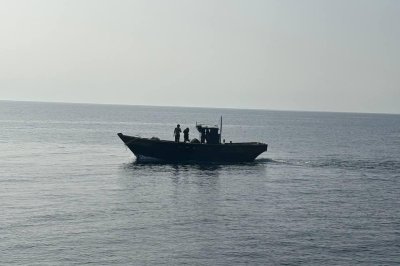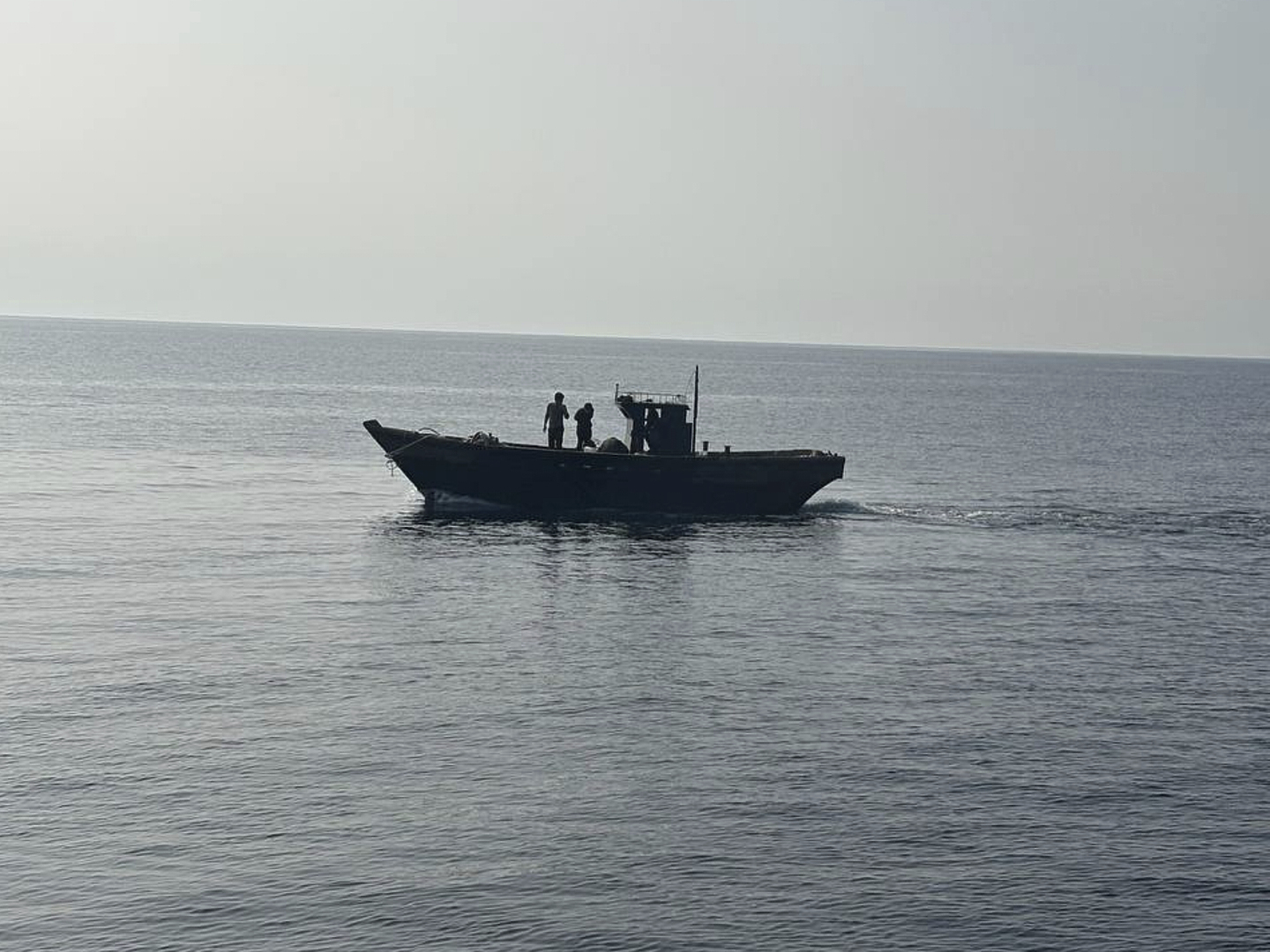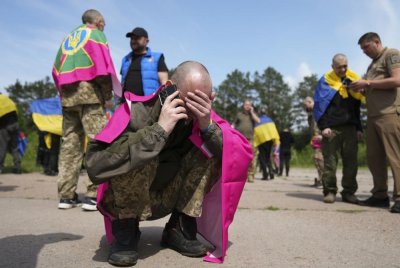South Sudan repatriates Mexican man deported from U.S.
JUBA, South Sudan — South Sudan said Saturday it repatriated to Mexico a man deported from the United States in July.
The man, a Mexican identified as Jesus Munoz-Gutierrez, was among a group of eight who have been in government custody in the East African country since their deportation from the U.S.
Another deportee, a South Sudanese national, has since been freed while six others remain in custody.
South Sudan’s Foreign Ministry said it carried out Munoz-Gutierrez’s repatriation to Mexico in concert with the Mexican Embassy in neighboring Ethiopia.
The move was carried out “in full accordance with relevant international law, bilateral agreements, and established diplomatic protocols,” the ministry said in a statement.
In comments to journalists in Juba, the South Sudan capital, Munoz-Gutierrez said he “felt kidnapped” when the U.S. sent him to South Sudan.
“I was not planning to come to South Sudan, but while I was here they treated me well,” he said. “I finished my time in the United States, and they were supposed to return me to Mexico. Instead, they wrongfully sent me to South Sudan.”
The U.S. Department of Homeland Security has said that Munoz-Gutierrez had a conviction for second-degree murder and was sentenced to life in prison.
South Sudan is engaging other countries about repatriating the six deportees still in custody, said Apuk Ayuel Mayen, a Foreign Ministry spokesperson.
It is not clear whether the deportees have access to legal representation.
Rights groups have argued that the Trump administration’s increasing practice of deporting migrants to third countries violates international law and the basic rights of migrants.
The deportations have been blocked or limited by U.S. federal courts, though the Supreme Court in June allowed the government to restart swift removals of migrants to countries other than their homelands.
Other African nations receiving deportees from the U.S. include Uganda, Eswatini and Rwanda. Eswatini received five men with criminal backgrounds in July, and the Trump administration wants to send Kilmar Abrego Garcia, a Maryland man mistakenly deported to his native El Salvador earlier this year, to the southern African kingdom. Rwanda announced the arrival of a group of seven deportees in mid-August.
Machol writes for the Associated Press.







